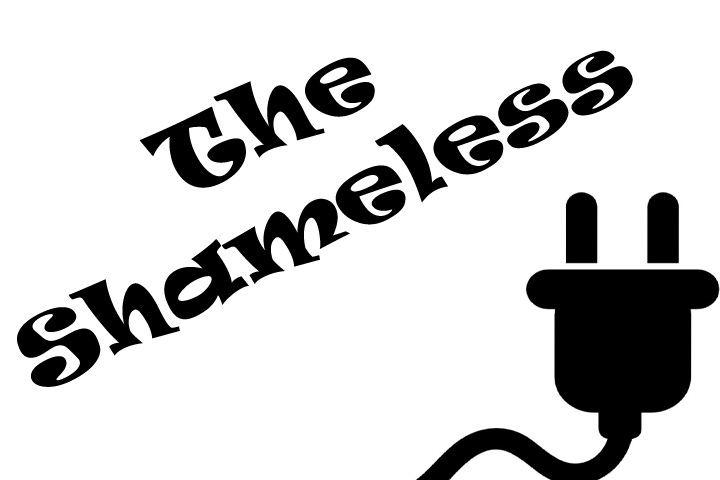Education in the United States: We need more than K-12
Updating our educational systems for the 21st Century
Issue #366 Education July 19, 2023
The history of K-12 education in the United States has been shaped by numerous landmark events, court cases, and policy changes.
A reminder that I am a retired educator of all grades from Pre-K through university levels.
Here's a quick history of education in America:
In 1823, Reverend Samuel Read Hall founded the first private normal school in the United States, the Columbian School in Concord, Vermont, which was the start of formal schooling in America.
Massachusetts became the first U.S. state to enact a compulsory education law in 1852. This law required every city and town to offer primary school, focusing on grammar and basic arithmetic. Horace Mann was instrumental in establishing this statewide system, marking the beginning of the public school system as we know it today.
In the 20th century, landmark court cases such as Brown v. Board of Education in 1954 played a significant role in shaping the education system. This case ruled that racial segregation in public schools was unconstitutional, marking an important step towards equality in education. Of course, white people who were often violently against integrated public schools began forming their own private schools that they kept for whites only. Whites also moved into the suburbs to avoid enrolling their children in integrated public schools in urban areas.
The No Child Left Behind Act, which was signed into law in 2002, emphasized standardized testing and accountability for schools. This initiative was heavily promoted by former President George W. Bush. Now thankfully, many schools are moving away from using standardized tests as the primary or only metric for student achievement.
As we move further into the 21st century, many are realizing that the almost 175-year-old system of education that scheduled the school year according to the agricultural schedule and trained students to only work in industrial plants or go to a four-year college is sorely outdated.
Today, there are proposals for extending the standard K-12 school system to include universal Pre-K and more options for post-high-school education.
“We Are Speaking,” which we publish seven days a week, is financially supported by our paid subscribers and by your investments in the products and services offered by the Global Creative Community Branding and Marketing Academy. Please make sure to view and act on the important information at the end of this article to help support and grow “We Are Speaking.” Thank you!
My Thoughts on the Current Status of the American K-12 Education System and Possible Positive Changes
The current K-12 education system primarily focuses on grades K through 12, neglecting the critical early childhood education years (Pre-K) and post-high school education opportunities. This omission limits students' potential and restricts their opportunities to develop essential skills required for success in later stages of life.
The inclusion of Pre-K education offers numerous benefits to students. It provides a strong foundation for cognitive, social, and emotional development, leading to improved academic performance in later years. Pre-K education fosters early literacy and numeracy skills, enhances critical thinking abilities, and promotes creativity. Furthermore, it enables students to develop interpersonal skills, strengthens emotional intelligence, and enhances their overall readiness for formal schooling.
By incorporating post-high school initiatives, the educational system enables students to explore various pathways beyond high school, including vocational training, apprenticeships, two-year colleges, and four-year universities. This expansion broadens opportunities for students to pursue careers of their interest and aligns education with the demands of the job market. It equips students with practical skills, enhances employability, and encourages lifelong learning.
The addition of Pre-K and post-high school initiatives bring significant economic benefits. Early childhood education reduces the need for expensive remedial programs in later years and leads to lifelong economic gains for individuals. Moreover, post-high school initiatives ensure a well-prepared workforce, creating a competitive advantage for the country in the global economy.
President Biden and the Democrats, including my own governor of Michigan, "Big Gretch" Gretchen Whitmer, are advocating for free, universal early childhood education, and also free, universal 2-year public colleges that will train students for the jobs and careers of the future.
Meanwhile, the Republicans are actively trying to decimate the public school system as well as change the curricula of secular public schools to totally reflect white supremacy and Christian nationalism.
We have a fight on our hands…
Let us know your thoughts about what new information you learned in the comments or in the Substack Notes feature.
You can always leave any questions in the comments or email us.
You can also receive up to six months of a paid subscription for referring people to us with the Share Button or the Refer Button.
This article is free to access for 1 week after publication. Please consider becoming a paid subscriber for $5/month or less to access all of the articles and other benefits.
This is your chance to support everything Keith and Pam do. We appreciate you!
Purchase and download your copy of the “Branding And Marketing For The Rest Of Us” eBook for Independent Authors and Creative and Solo Professionals and other valuable eBooks.
Enroll in one of the 6-course bundles designed especially for you: “Author and Book Marketing” and/or “Essential Creative Marketing.”
Purchase your copies of “Detroit Stories Quarterly” issues.
Purchase your copies of “The Mayonnaise Murders” Parts 1, 2, and 3
What else do Keith and Pam do?
Where else can you find us?
Click the link below to learn everything you need to know and review everything we offer for independent writers and creative and solo professionals.










